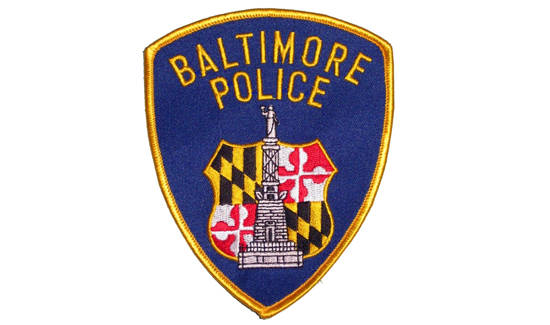Cops Forgo Raise to Keep 4-3 Schedule

by Brianna Dunn
The Baltimore F.O.P. continues to argue that a four days on, three days off shift schedule is a necessity for officers and even more important than a raise. The F.O.P. says the 3-4 schedule gives officers a chance to relax and recover after working some serious overtime.
According to the Baltimore Sun, the union voted overwhelmingly last week to reject a contract with raises for the officers largely because of a proposed change to the current schedule.
The city is proposing a $500 bonus, a 3 percent raise retroactive to July 1 and a 2 percent raise next year.
Baltimore is spending millions of dollars weekly to pay officers for their overtime. The union says their officers are being stretched to a dangerous point and there simply isn’t enough personnel to cover all the shifts.
While the idea of having four long days and three off was supposed to put more officers on the streets when they’re needed most, some say it’s just not working and is putting the safety of the officers—and civilians—at risk.
There is an argument that the matter of scheduling should be handled only by Baltimore’s police commissioner and that he needs the authority to make shift changes for the safety of the public. Some people are saying that if the FOP does not approve the contract, deciding shift policies should no longer be a matter for collective bargaining.
Homicides have certainly been on the rise since 2015, the same year 4-3 shift schedule was set in place. The schedule was never able to be used as envisioned because there are not enough officers to cover the overtime. The Baltimore P.D. has suffered a decrease in recruits after the Freddy Gray riots.
Police complain that mandatory overtime that can tack five hours on to the end of a shift. It’s no secret that being an officer in Baltimore is a dangerous job as it is, but lack of sleep and stress can make it even more so.
Union officials have stated they would like to return to the bargaining table for good-faith negotiations with the city.
Brianna Dunn is a special correspondent for American Police Beat.














